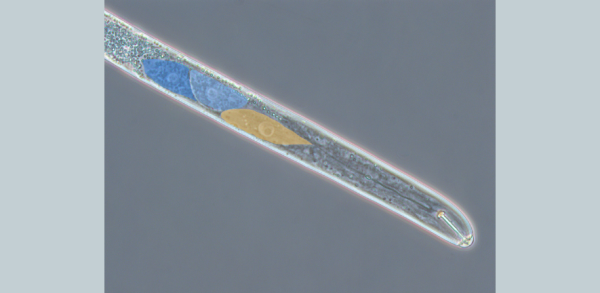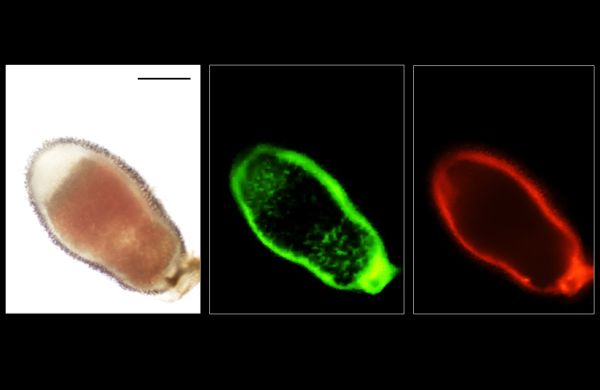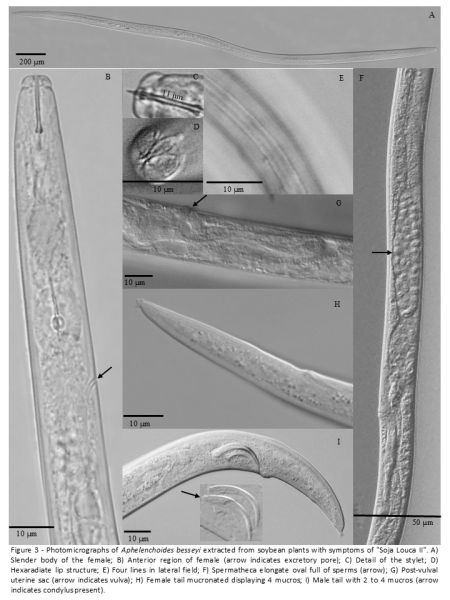 Scientists from the Crop Science Centre, Dr Min-Yao Jhu and Dr Evan Ellison, have released a research review article shedding light on the pivotal role of CRISPR gene-editing technology in combatting the destructive impact of parasitic plants on crops. These plant parasites are relentless threats to global agriculture, causing substantial harm to crops and jeopardizing food security. In recent years, the emergence of CRISPR (Clustered Regularly Interspaced Short Palindromic Repeats) technology has provided a promising solution by offering improved efficiency and the precision of gene editing to address various plant pathogens. While CRISPR gene-editing tools have already demonstrated remarkable success in battling other plant diseases, the full extent of its potential to reduce the harm caused by parasitic plants remains largely uncharted.
Scientists from the Crop Science Centre, Dr Min-Yao Jhu and Dr Evan Ellison, have released a research review article shedding light on the pivotal role of CRISPR gene-editing technology in combatting the destructive impact of parasitic plants on crops. These plant parasites are relentless threats to global agriculture, causing substantial harm to crops and jeopardizing food security. In recent years, the emergence of CRISPR (Clustered Regularly Interspaced Short Palindromic Repeats) technology has provided a promising solution by offering improved efficiency and the precision of gene editing to address various plant pathogens. While CRISPR gene-editing tools have already demonstrated remarkable success in battling other plant diseases, the full extent of its potential to reduce the harm caused by parasitic plants remains largely uncharted.
To unlock this potential, researchers need to venture into the intricate genetic interactions between parasitic plants and their host counterparts. This involves identifying genes that could be tweaked to enhance resistance. These genes have the power to influence a multitude of factors, from suppressing the seed germination and growth of parasitic plants to adjusting the environmental conditions that impact these unwelcome invaders.
Moreover, CRISPR technology brings the promise of localised resistance responses that are only inducible upon the invasion, rendering it a versatile tool for shielding crops against parasitic plants.
As researchers unravel the secrets of genetic resistance of this interaction and further refine CRISPR techniques, the possibility of implementing a more robust resistance against parasitic plants comes into view.












